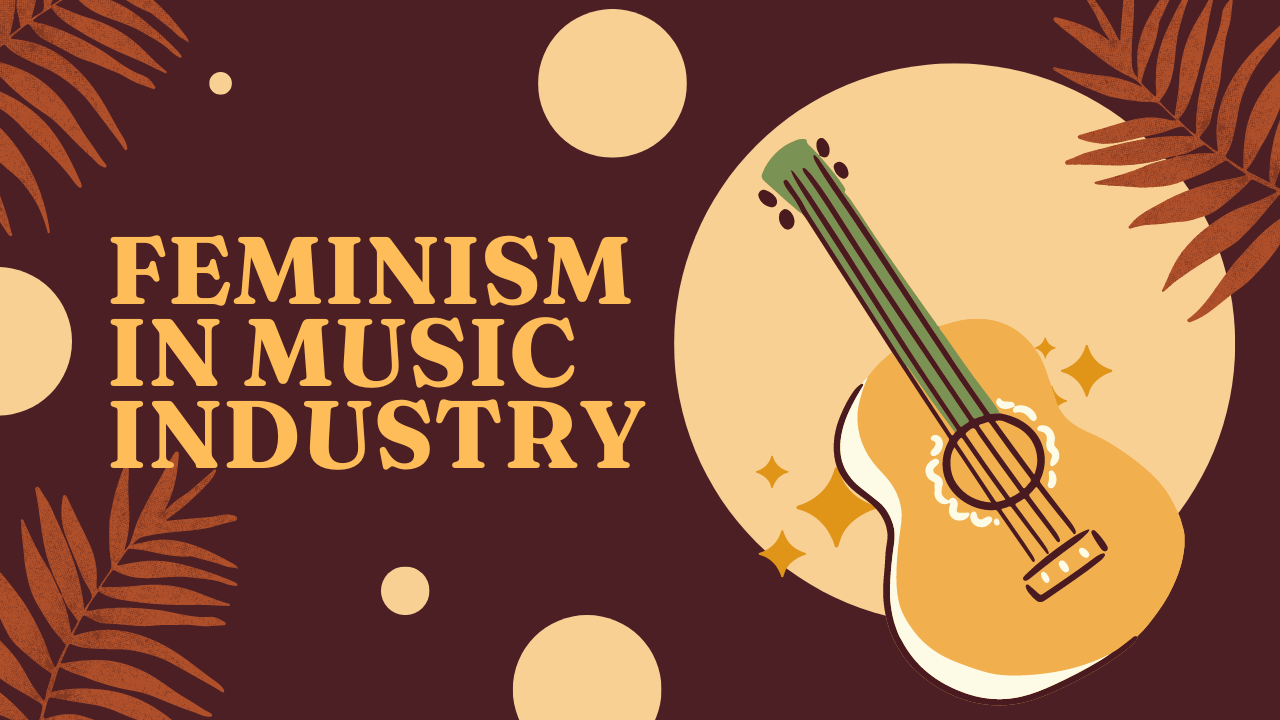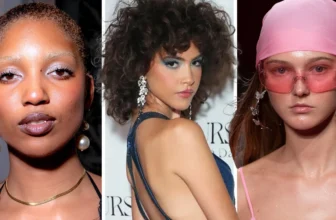
In the past decade, the music industry has experienced a surge of women-led music festivals, signaling a significant shift toward greater representation and empowerment for female artists. These events not only provide platforms for women in music but also serve as spaces where feminist values are celebrated, promoted, and practiced. By challenging the patriarchal norms that have long dominated the festival scene, women-led music festivals are paving the way for a more inclusive and equitable future.
The Need for Women-Led Music Festivals
Historically, mainstream music festivals have faced criticism for their lack of diversity, particularly in the lineup of performers. Data consistently shows a striking gender imbalance, with female acts often comprising less than 20% of headliners at major events. This disparity isn’t limited to performers; behind the scenes, roles like festival organizers, stage managers, and sound engineers are also male-dominated.
In response to this systemic exclusion, women-led music festivals have emerged as a vital countermeasure. These festivals prioritize female artists, foster safe environments, and amplify the voices of underrepresented groups. By intentionally centering women and marginalized genders, these events challenge the status quo and demonstrate what an inclusive music industry can look like.
Examples of Prominent Women-Led Music Festivals
Several festivals around the world have gained recognition for their commitment to promoting gender equality in music.
- Lilith Fair: A pioneer in this movement, Lilith Fair was founded in the late 1990s by singer-songwriter Sarah McLachlan. The festival exclusively featured female artists and raised millions of dollars for women’s charities, setting a precedent for future women-led events.
- Girls Rock Camp Alliance: While not a traditional festival, this international organization hosts events where young girls and nonbinary youth are empowered to create music in supportive, feminist environments.
- We Are Women’s Music Festival: This modern-day example celebrates women in music across all genres, offering a platform for emerging and established female artists.
- Afropunk: While not exclusively women-led, Afropunk is a significant advocate for diversity and inclusion, with many events highlighting the contributions of Black women in music.
The Impact on Female Artists
Women-led music festivals provide much-needed opportunities for female artists to showcase their talent on prominent stages. For emerging musicians, these festivals can be career-defining, offering exposure that is often difficult to achieve in male-dominated spaces.
Additionally, these events help combat the tokenism that many female artists experience at mainstream festivals. Rather than being “the only woman on the lineup,” performers at women-led festivals are surrounded by peers who share similar experiences and challenges. This sense of community fosters collaboration and mentorship, which can be transformative for an artist’s career.
Creating Safe Spaces for Fans
Beyond their impact on performers, women-led music festivals are designed to create safe and inclusive environments for attendees. Traditional music festivals have frequently been criticized for their failure to address issues like sexual harassment and assault. Women-led festivals, however, often implement policies and practices to ensure that all attendees feel welcome and protected.
For example, many of these festivals provide consent workshops, designated safe zones, and visible security measures to prevent harassment. By prioritizing the safety and comfort of their audiences, women-led music festivals set an important standard for the industry.
Economic and Cultural Benefits
Women-led music festivals also contribute to broader economic and cultural shifts. These events often collaborate with women-owned businesses, from food vendors to merchandise creators, further empowering women within and beyond the music industry.
Moreover, the cultural significance of these festivals cannot be overstated. By celebrating feminist values and providing platforms for diverse voices, they help normalize the idea of women taking up space in all areas of the music industry. This normalization can have a ripple effect, inspiring more women and marginalized genders to pursue careers in music and other creative fields.
Challenges and Criticisms
Despite their many benefits, women-led music festivals are not without challenges. Organizers often face financial barriers, as sponsors and investors may be hesitant to support events perceived as “niche” or “political.” Additionally, some critics argue that these festivals risk creating echo chambers rather than fostering integration into the broader industry.
However, proponents counter that these festivals are not about exclusion but rather about addressing existing inequalities. By creating spaces where women are prioritized, these events serve as stepping stones toward a more equitable music landscape overall.
The Future of Women-Led Music Festivals
As the demand for inclusivity in the music industry grows, women-led music festivals are likely to become even more prominent. Advances in technology, such as live streaming, can help these events reach larger audiences, while partnerships with progressive organizations can provide additional funding and support.
The future may also see more intersectional approaches, with festivals emphasizing not just gender equality but also racial diversity, LGBTQ+ inclusion, and accessibility for people with disabilities. By continuing to evolve and adapt, women-led music festivals can remain at the forefront of the fight for equality in the music industry.
Conclusion
Women-led music festivals are more than just events; they are powerful statements against the systemic inequalities that have long plagued the music industry. By centering women and marginalized genders, these festivals provide a glimpse of what a truly inclusive music scene could look like. As these events continue to grow and inspire change, they reaffirm the transformative power of feminism in shaping the future of music.
With their emphasis on representation, safety, and community, women-led music festivals are not just changing the industry—they are rewriting its rules.







